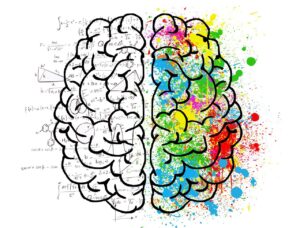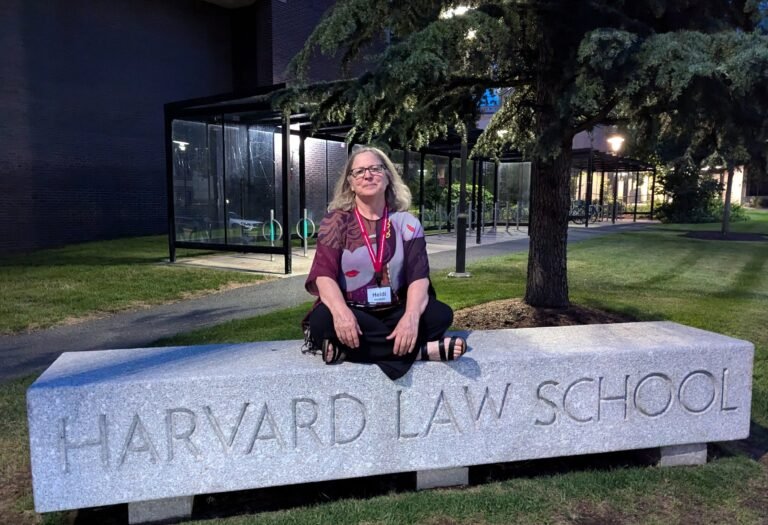
At Vital Reset, we’re often contacted by people whose lives are shaped by obsessive patterns—whether it’s the ruminative cycles of OCD, the perfectionism of anorexia, or the challenges common in autism. When traditional treatment options fall short, many are beginning to allow themselves to wonder: Could psilocybin be the missing piece?
The early science is intriguing. Psilocybin—the active compound in “magic mushrooms”—may help reduce mental rigidity, enhance emotional processing, and create space for new perspectives. But how strong is the evidence, and what does this really mean for people seeking relief?
Let’s explore what researchers are learning about psilocybin’s potential for obsessive-compulsive disorder (OCD), autism spectrum disorder (ASD), and anorexia nervosa—and how it compares to conventional treatments.
What Makes These Conditions So Stubborn?
While OCD, anorexia, and autism are distinct diagnoses, they often share a common feature: cognitive and behavioral rigidity. These can show up as:
-
Intrusive thought loops and compulsions (OCD)
-
Fixed beliefs around control and self-worth (anorexia)
-
Difficulty with emotional communication and flexibility (autism)
Many clients describe feeling “stuck” inside patterns that don’t respond to therapy or medication. Psilocybin, by temporarily softening the brain’s habitual pathways, may offer a window of opportunity for change.
How Psilocybin Might Help
| Psilocybin-Assisted Therapy | Conventional Treatments |
|---|---|
| Encourages neuroplasticity—helping the brain rewire stuck patterns | Often focuses on symptom management with medication or CBT |
| May foster emotional breakthroughs and insights into root causes | May emphasize external behavior change over internal transformation |
| Creates a unique opportunity for deep self-reflection and change | Requires consistent long-term use and may have limited effectiveness |
Psilocybin and OCD: Rewriting the Script
OCD is notoriously hard to treat. Even with therapy and medication, many individuals continue to struggle with distressing thoughts and rituals. But in early psilocybin studies—including those from Yale University—some participants reported significant, lasting reductions in compulsive symptoms after just one or two sessions.
Psilocybin’s effect on serotonin receptors—especially 5-HT2A—may allow the brain to “break the loop,” offering moments of clarity where obsessive patterns once ruled. When combined with integration support, this can open a doorway to new behavior and self-compassion.
Autism: Building Emotional Bridges
Neurodivergent individuals often experience the world differently, and for some, that includes emotional disconnection or social overwhelm. Research suggests psilocybin can enhance emotional receptivity and social cognition by increasing connectivity in brain networks involved in empathy and self-awareness.
While psilocybin is not a treatment for autism itself, it may offer some people new ways to engage with their internal experience and interpersonal world. At Vital Reset, we work closely with neurodivergent clients to ensure the process is empowering, respectful, and fully consent-based.
“It wasn’t about changing who I am. It helped me connect to what’s true beneath the noise.”
—Autistic client after a supported journey
Anorexia and the Frozen Inner Voice
Anorexia has one of the highest mortality rates of any mental health condition—and recovery often feels out of reach. But several clinical trials are now underway to explore how psilocybin might help.
One theory: the psychedelic state can reduce the dominance of the default mode network (DMN), the brain system associated with rigid self-narratives. Temporarily loosening this “locked-in” self-perception may allow people to glimpse a more compassionate and less controlling view of their bodies and lives.
Though not a stand-alone cure, psilocybin could become a meaningful part of a larger healing plan.
Why Setting, Support, and Integration Matter
All psychedelic journeys involve vulnerability. For those with OCD, autism, or eating disorders, preparation and aftercare are especially important. That’s why we offer personalized support with experienced facilitators and integration coaching to help clients make sense of what arises.
At Vital Reset, your safety and agency are our highest priorities.
Moving Toward Hope
We’re still in the early days of understanding how psilocybin can support people with complex conditions like OCD, autism, and anorexia. But the direction is promising. For those who feel like they’ve tried everything, a guided psilocybin experience may offer something truly different: not just symptom relief, but the chance to reconnect with one’s full self.
If you’re curious whether this approach could be right for you or someone you love, we invite you to reach out. Our licensed team is here to answer your questions and help you explore what healing could look like—on your terms.
Ready to explore your path to healing?
📞 Call 541-645-4485 or Contact Us Here to schedule a confidential consultation.


